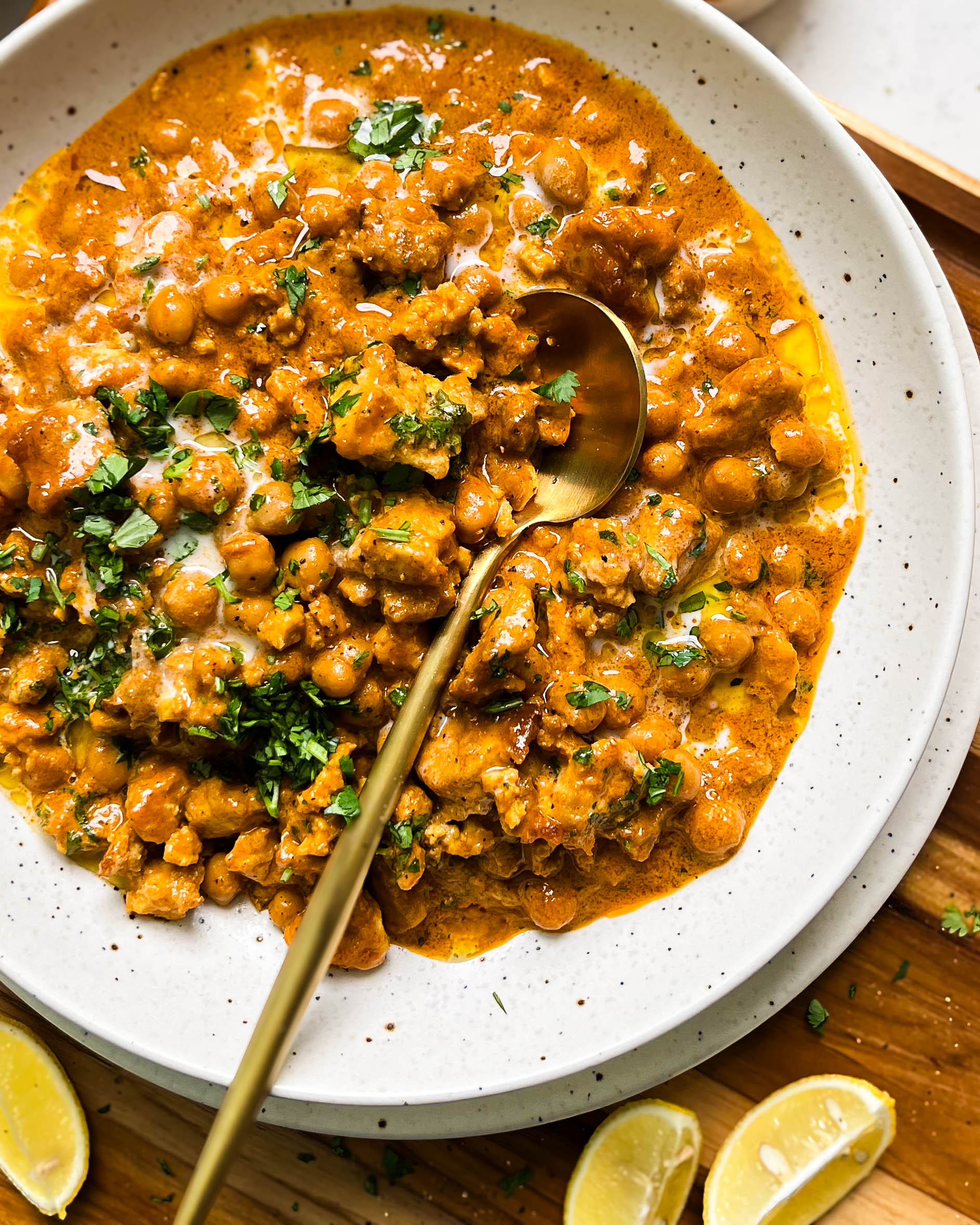Terminalxylem
Footballguy
Yep. All that applies to just about every nutrition study. Randomized, doubled-blinded, placebo-controlled trials are impractical to conduct over periods necessary to determine a food/nutrient’s impact on health. So we work with the best available, albeit imperfect data.These researchers have a serious beef with red meat studies
Saying something over and over again doesn’t make it true. Or does it? A psychological theory known as the “illusory truth effect” claims that people tend to believe information more after repeated exposure. The more and more they hear it, the truer it feels.
One such claim, that “red meat is bad for your health,” has been a steady drumbeat throughout the health and wellness industry for decades. However, a systematic review in Nature Medicine points out several weaknesses in the research supporting this claim.
The studies are mostly observational
While observational studies can provide helpful insights, these types of studies are very limited in the ability to prove one thing causes another. They are often filled with various assumptions and confounding variables that can distort the supposed cause-and-effect relationship.
When trying to find a causal link between two variables, the best option is a randomized clinical trial in which participants are randomly assigned to a control or experimental group (and aren’t told which one they are in). For ethical reasons, that is not possible to do here.
The studies often involved self-reporting
Many of these studies relied on participants to report on their own eating habits, which is rarely done accurately (or honestly). Do you remember what you ate for dinner last week? When you ordered steak and eggs at the diner on Sunday, did you really bring the food scale with you? Or did you eyeball it? People cut corners, and our memory is not as good as we think it is.
And who among us is prepared to disclose our secret “midnight ice cream” habit to a research team?
More research is needed to prove causation
While there is some evidence that eating unprocessed red meat is associated with increased risk of disease incidence and mortality, it is weak and insufficient to make stronger or more conclusive recommendations. More rigorous, well-powered research is needed to better understand and quantify the relationship between consumption of unprocessed red meat and chronic disease
Causation is not the same as correlation.
And that data isn’t ambiguous regarding red meat consumption.
But it’s more compelling imo looking at what long lived population do/don't eat. Also riddled with confounders, but not without lessons to be learned.
Or you can just ignore everything and eat what you want.


